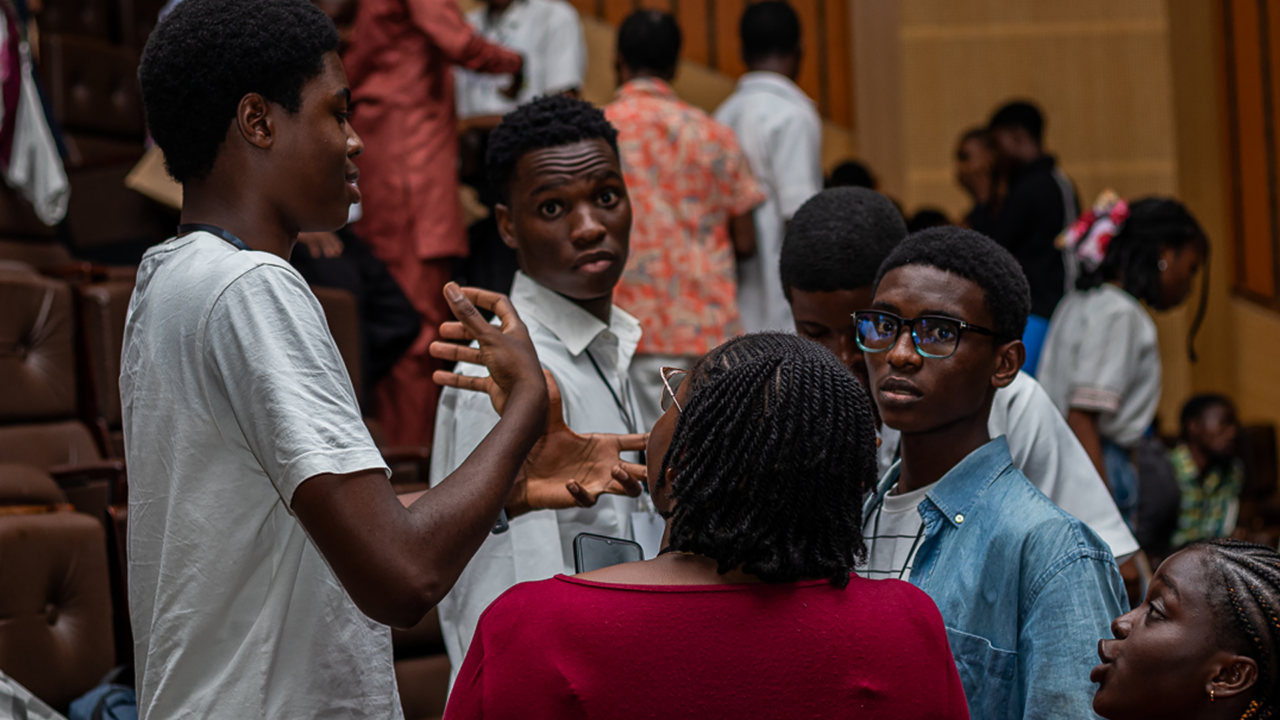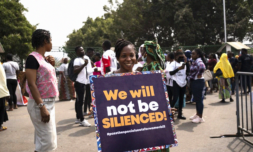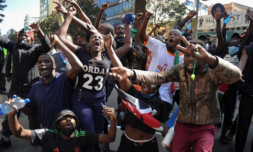In a move that brought relief across Nigeria and the world, the courts recently dropped treason charges against dozens of protesters, including thirty children between the ages of 14 and 17 arrested in August’s protests.
Nigeria’s recent detention of minors on treason charges for participating in protests has ignited a fierce national debate about democratic freedoms and the treatment of young activists.
After public uproar, the courts dropped the charges and released protesters including teenagers, aged 14 to 17, detained during August’s nationwide protests against rising cost of living.
The arrests took place amidst the removal of fuel subsidies that led to steep increases in essential goods and services. For many young Nigerians, the economic crisis has impacted their lives profoundly, making affordable education, food, and transportation increasingly out of reach.
Frustration over these conditions catalyzed large demonstrations, with youth at the forefront, peacefully rallying to demand accountability and policy change. Yet, the government’s swift response was to detain dozens of protesters, including minors.
The decision to charge some of these young demonstrators with treason, human rights groups argued, was wielded to stifle mounting frustration at the rising cost of living and high unemployment.
International and local organizations, including Amnesty International, condemned the arrests, decrying the charges as ‘outrageous’ and labeling the government’s actions as a ‘clear attack on civil rights.’ They termed that the charges set a dangerous precedent, effectively discouraging citizens from engaging in public protests out of fear of retribution.




















